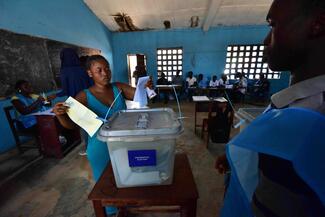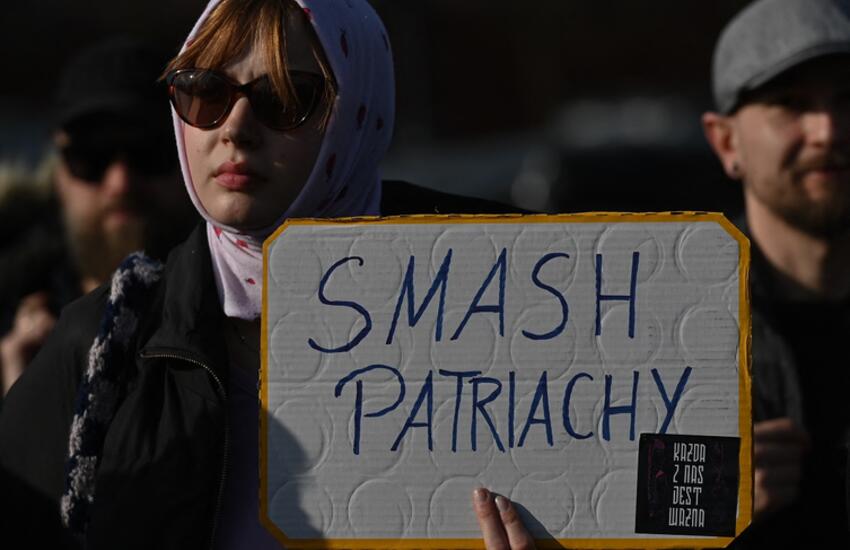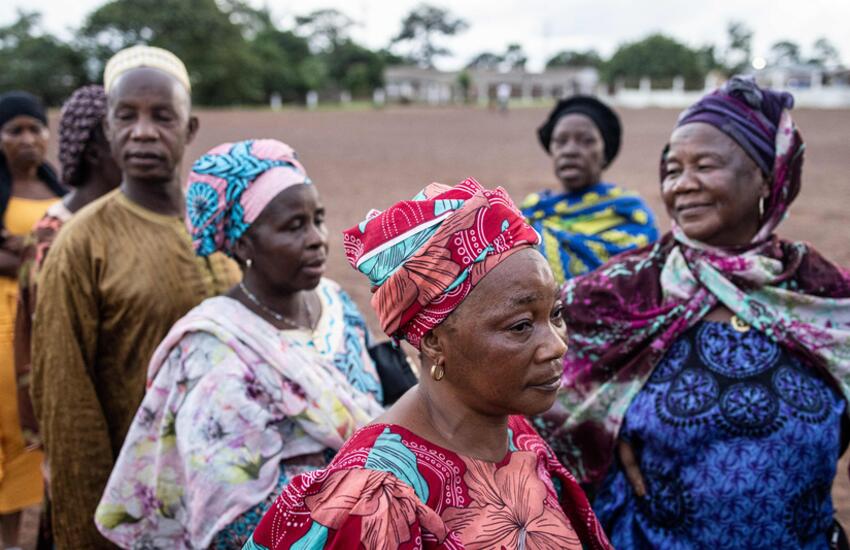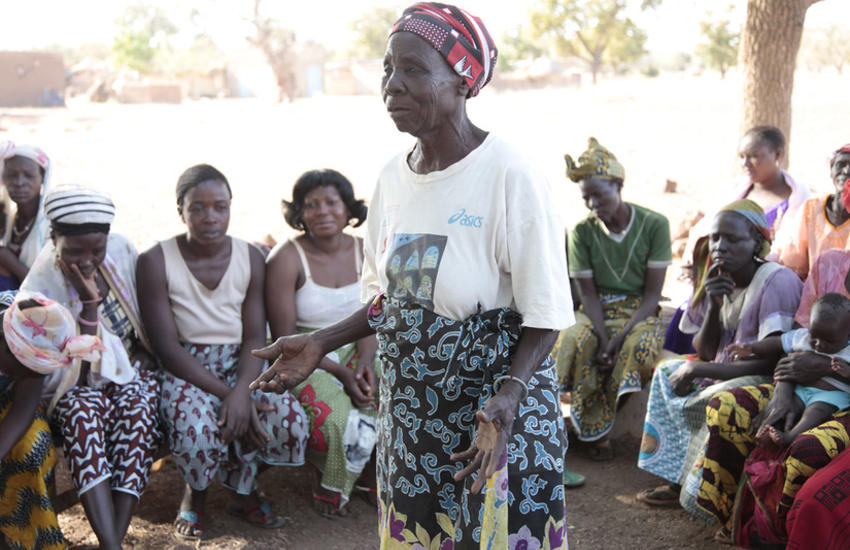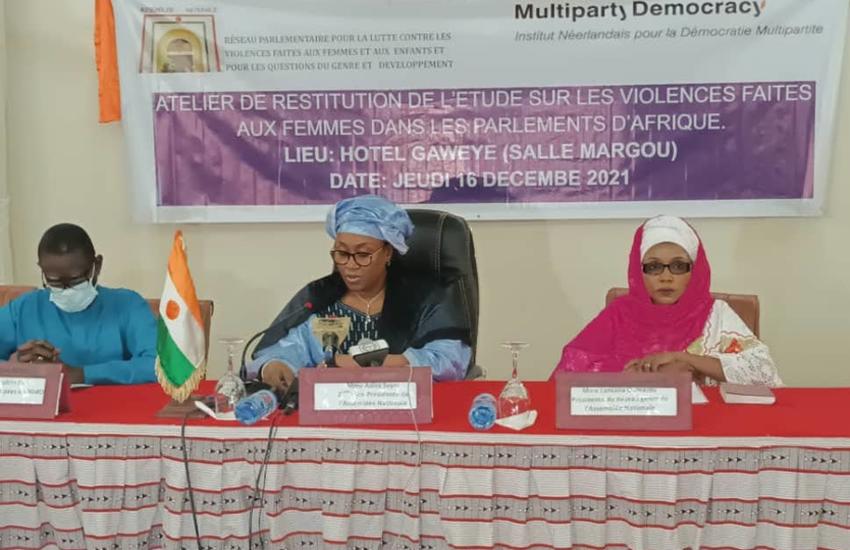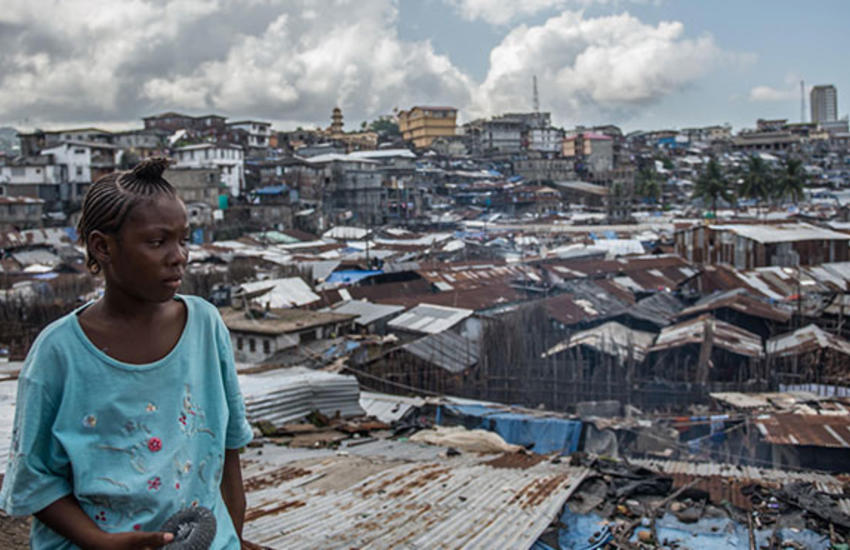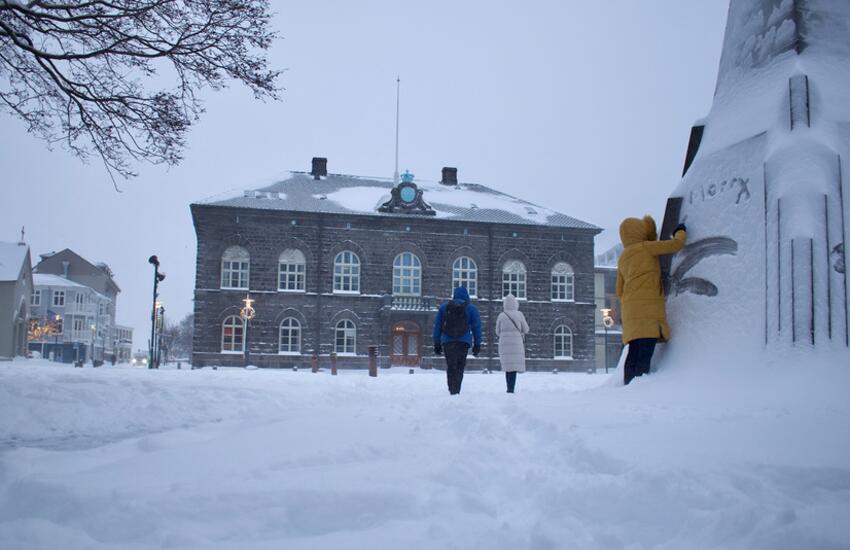A new law in Sierra Leone will ensure that at least 30% of parliamentarians are women and impose similar quotas in other institutions, including government, local councils, the diplomatic corps and the civil service. The Gender Equality and Women's Empowerment Act was signed into law by President Julius Maada Bio on 19 January, a few months before the country's next general election scheduled for July 2023.
The law highlights the importance of mainstreaming a gender perspective and women’s participation in decision-making roles across all areas. As well as in public institutions, the law also stipulates that at least 30% of jobs in the private sector should be held by women (for companies with 25 or more employees) and extends maternity leave from 12 to 14 weeks.
With the proportion of MPs who are women at 12.33% today, Sierra Leone is currently in joint 157th place in the IPU’s monthly ranking of women in parliament, well below the global average of 26.4%.
The IPU has been tracking gender equality and promoting women in parliament for decades, convinced that inclusive and representative parliaments strengthen democracy.
The IPU’s work on gender equality focuses on three main objectives: increasing the number of women in parliament through well-designed quotas and parliamentary caucuses; supporting women in parliament; and transforming parliaments into gender-sensitive institutions that deliver on women’s rights.
The IPU and the Parliament of Sierra Leone have been collaborating since 2014 on gender issues relating to violence against women and eliminating female genital mutilation.





